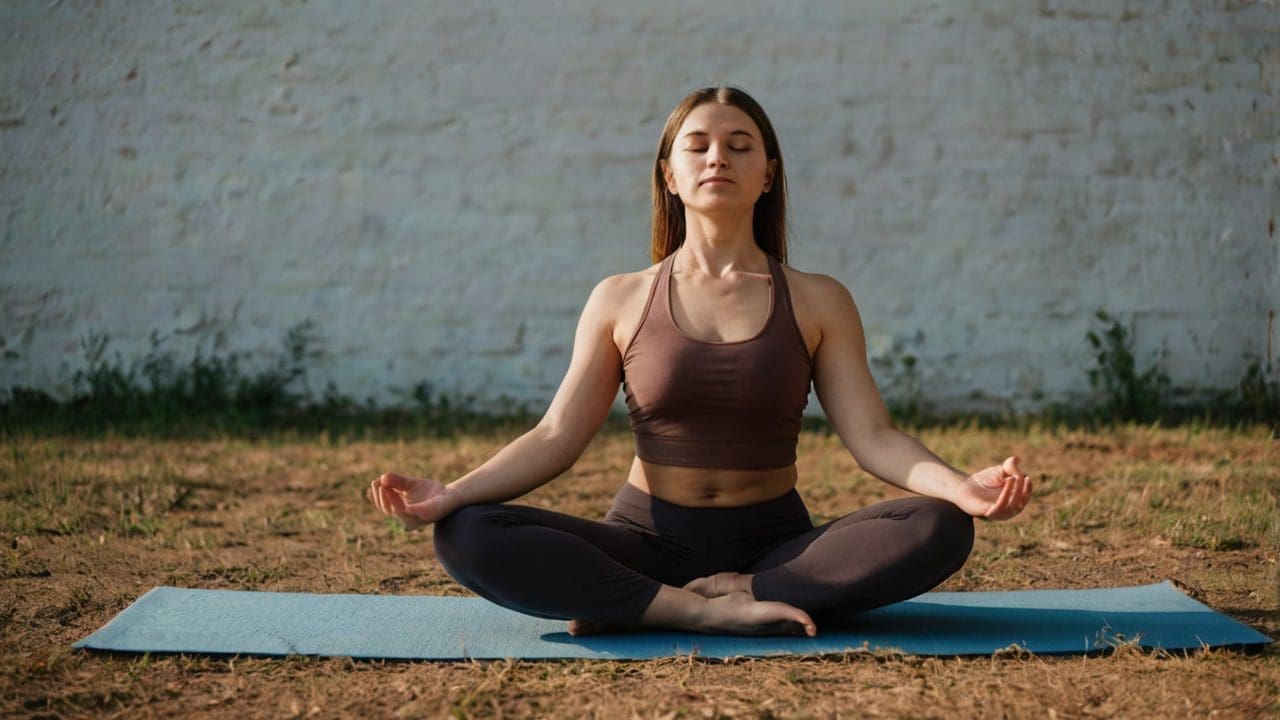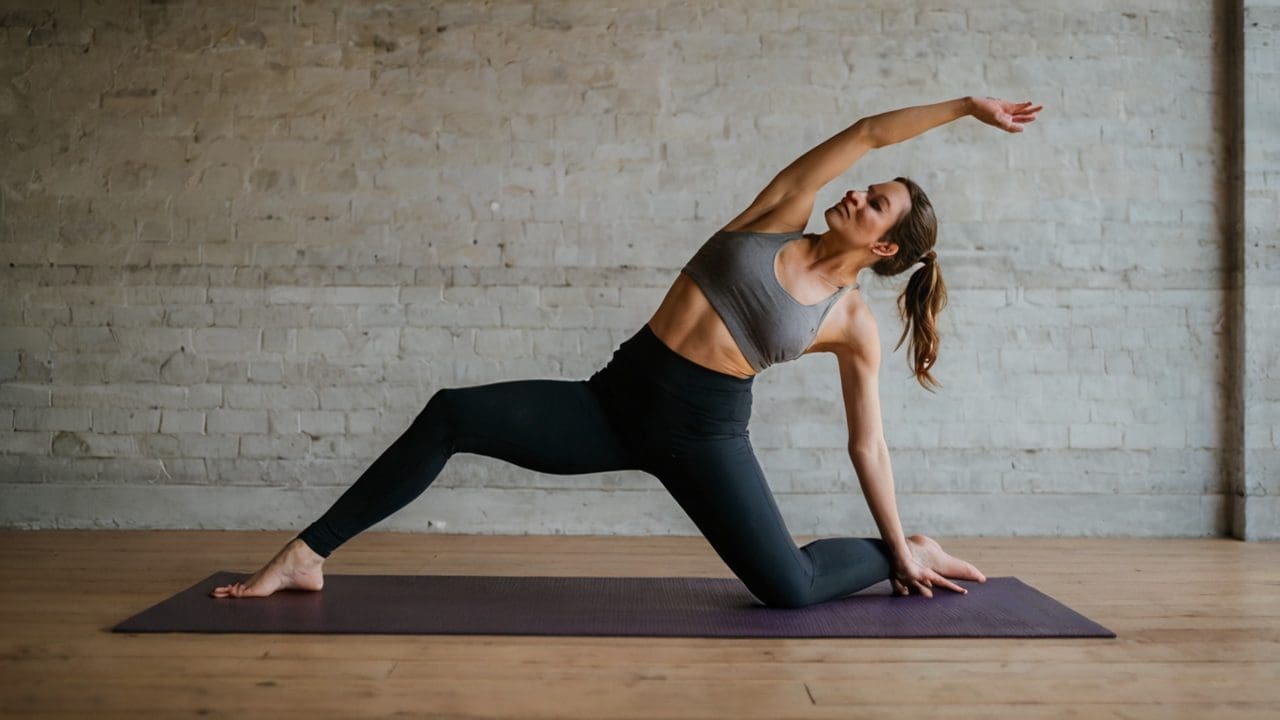The Power of Self-Reflection: Unlocking Clarity & Growth
By taking the time to look inward, we can better understand our experiences, identify areas for personal growth, and make more informed decisions. In a fast-paced world where external distractions often dominate, cultivating the habit of self-reflection can lead to greater self-awareness, emotional intelligence, and overall well-being. “ Self-reflection is a natural and familiar process…so what keeps organisations from embracing formal reflective practices as a way to encourage learning? ” (Daudelin, M. W. 1996, Learning from experience through reflection). Daudelin (1996) then goes on to argue that managers may have always placed a higher value on action rather than reflection.
Has anyone worked at an organisation that actually had a formal self-reflection process? I am sure we have all practised self-reflection on a more informal basis in this and past organisations without actually realising what it was, such as how I could have improved my performance during that crisis event or could I have done anything differently?. I always believed self-reflection was just something I did to make sense of a personal experience, and what it meant to me – could I have handled the situation in a more effective way?
This post contains affiliate links, which means I may earn a commission if you make a purchase through these links. Please note that I only recommend products that I believe will add value to my followers. Your support helps keep this content free. Thank you for your understanding and support, more information in Disclaimer!
The Self-Reflection Methods That Changed My Life
Over time, I have realised the importance of self-reflection and how you should take time out to reflect on the experiences of the day, your goals or state of mind. An example offered by Daudelin (1996) resonated with me as a method I have always used to allow for personal reflection. She explains how it is possible to reflect on an experience whilst out running, as it allows “one to momentarily suspend the intense flow of new information on the brain” (Daudelin, M. W. 1996, Learning from experience through reflection).
I often find myself reflecting on work situations whilst walking or when I am at the gym, which I find useful in making sense of my reactions to certain situations during the day, as well as the behaviour of others. To further assist in enhancing self-reflection, it may be beneficial to use a mentor or to gain feedback from your team or trusted colleagues; this could help you become more self-aware. Other techniques may include (pick and choose as they are not for everyone):
At the moment, it's even more important to remove yourself from your desk. Try taking a walk #selfreflection Share on X1. Journaling: Reflect Through Writing to Gain Clarity

Journaling is a powerful tool for self-reflection and personal growth. By writing down your thoughts and experiences daily in a journal (click link to purchase), you can process and understand them better. This practice helps clarify your mind, track your progress, and recognise patterns in your behaviour and emotions. Journaling allows you to explore your inner world, gain insights, and make sense of your feelings and actions. Whether through a structured format or free-form writing, regular journaling can enhance self-awareness, reduce stress, and improve overall well-being.
2. Meditation: Cultivate Mindful Self-Awareness
Meditation is a practice of mindfulness that helps you focus on the present moment and gain insights by giving you the time to focus on your self-reflection. By meditating regularly, you can develop a greater awareness of your thoughts, emotions, and sensations. This practice can lead to a deeper understanding of yourself and your reactions to various situations. Meditation helps reduce stress, improve concentration, and enhance overall mental well-being. Whether through guided sessions or silent contemplation, incorporating meditation into your daily routine can promote a more mindful and balanced life.

3. Feedback Seeking: Learn Through Honest Insights
Seeking constructive feedback from others (as I had previously mentioned) is a vital practice for personal and professional development. By encouraging feedback, you can gain different perspectives on your actions and behaviours (especially those you may be blind to), helping you to understand how you are perceived by others. This external input can reveal blind spots, validate your strengths, and highlight areas for improvement. Actively seeking and accepting feedback fosters a growth mindset, enhances self-awareness, and promotes continuous learning. Incorporating feedback into your routine can lead to more informed decisions and better relationships.
Charismatic Leader to Mentor: A Journey of Self-Reflection
The traditional view of leadership has evolved significantly, shifting from the idea of a charismatic leader, someone who always has the answers, to that of a mentor and coach, someone who helps team members find their own solutions. This concept, highlighted by Daudelin in Learning from Experience through Reflection (1996), invites a deeper consideration of what effective leadership looks like today. It challenges the belief that great leaders must think for others or engage in micromanagement, instead promoting a model of empowerment and guidance.
Reflecting on this shift has caused me to reevaluate the leaders I once admired for their charisma. While their presence was magnetic, it is clear that modern leadership requires more than just being a source of answers. As leaders, our role is to inspire self-discovery and independent thinking among our teams. We must act as guides, fostering growth by encouraging critical thought, providing direction, and expanding perspectives.
Being a mentor isn’t limited to formal leadership roles. Whether we hold a position of authority or not, we have the responsibility to model the behaviours, attitudes, and values we wish to see in others. Leadership today is about developing others through our actions, communication, and the personal brand we present. Through self-reflection, we can continuously improve how we lead, ensuring that we are not just providing solutions but helping others build their paths to success.
The Power of Carving Out Time for You
Self-reflection is about making time in your busy lives, both in your work and home lives, for yourself to focus (without distractions) on your behaviours, the way you are feeling, life goals and general state of mind, a chance to catch up with yourself. For example, it can be looking back on how you responded to a certain event during the day or how others perceived your actions. You may have even felt a bit down during the day and did not immediately know why.

The way you deal with self-reflection should be very personal to you, and you could even ask those you trust to cover those blind spots that you may not be aware of. If you can’t make time for yourself, who else can? Take time out for yourself and your mental health, and do things that make you smile.
Make self-reflection part of your daily routine and start experiencing clearer thinking, stronger decisions, and lasting personal growth.
Self-reflection is about making time for yourself to focus on your behaviours, life goals and general state of mind Share on XThis post contains affiliate links, which means I may earn a commission if you make a purchase through these links. Please note that I only recommend products that I believe will add value to my followers. Your support helps keep this content free. Thank you for your understanding and support, more information in Disclaimer!
